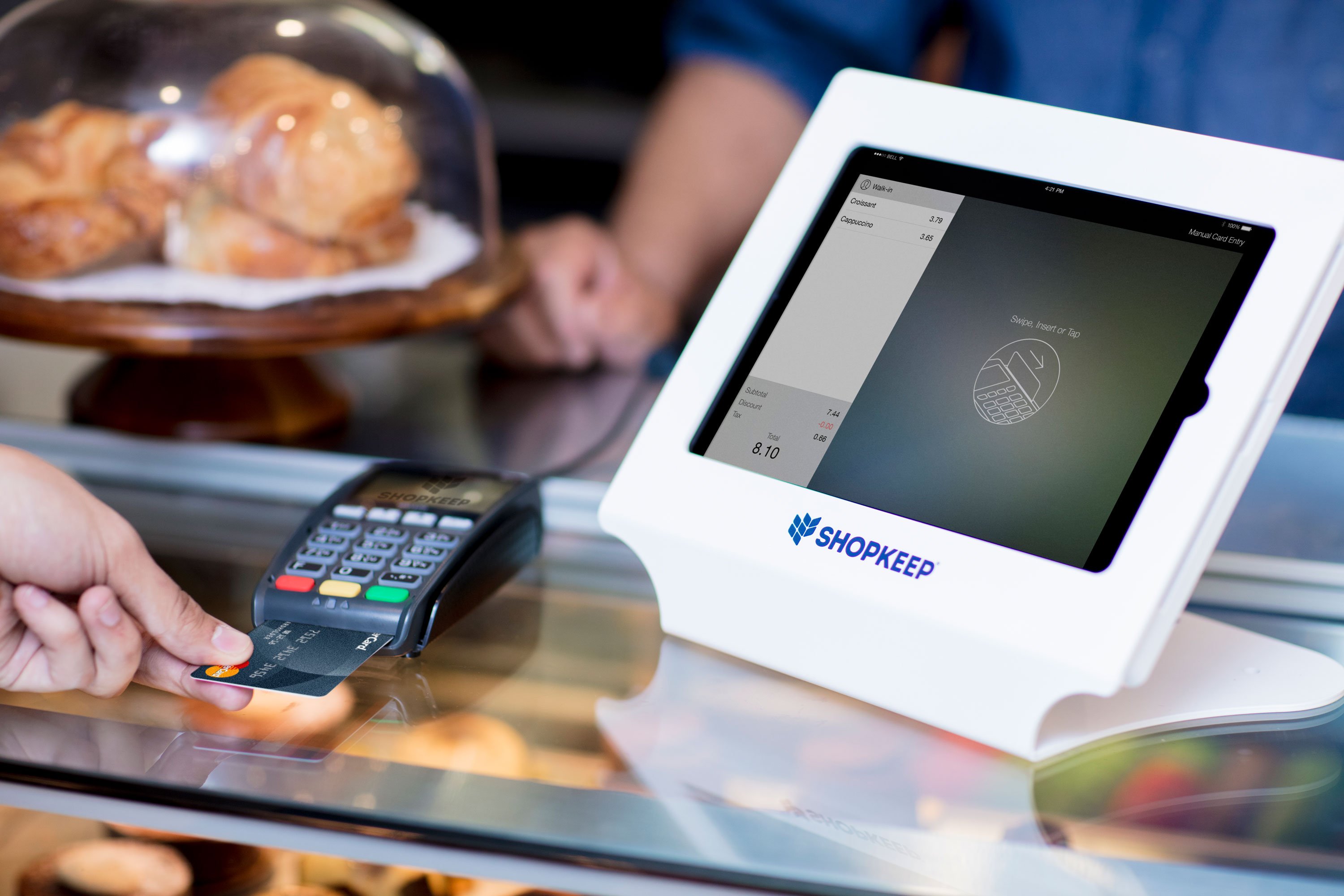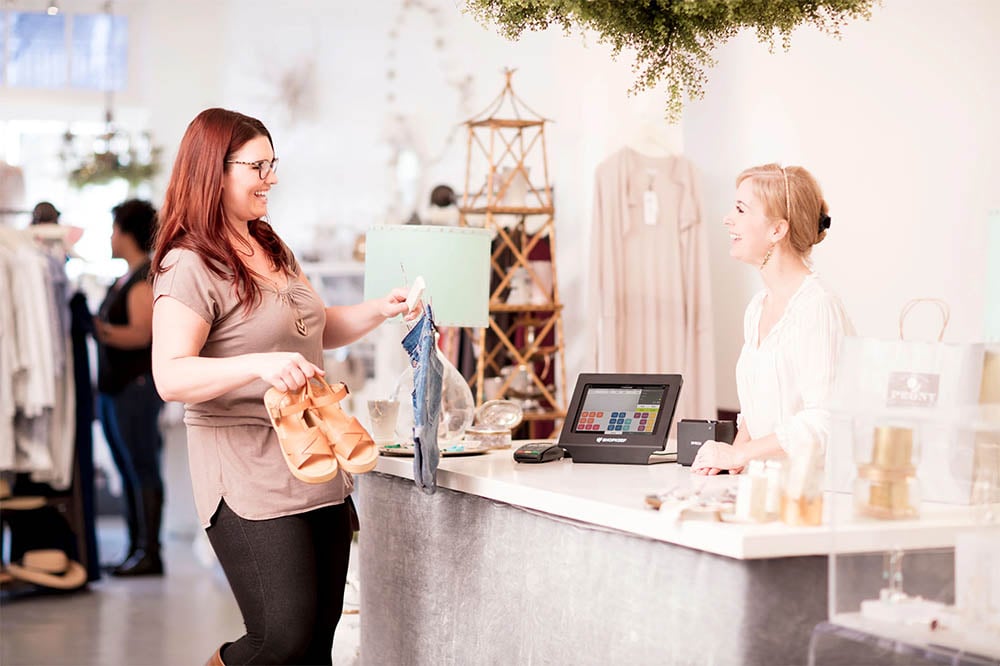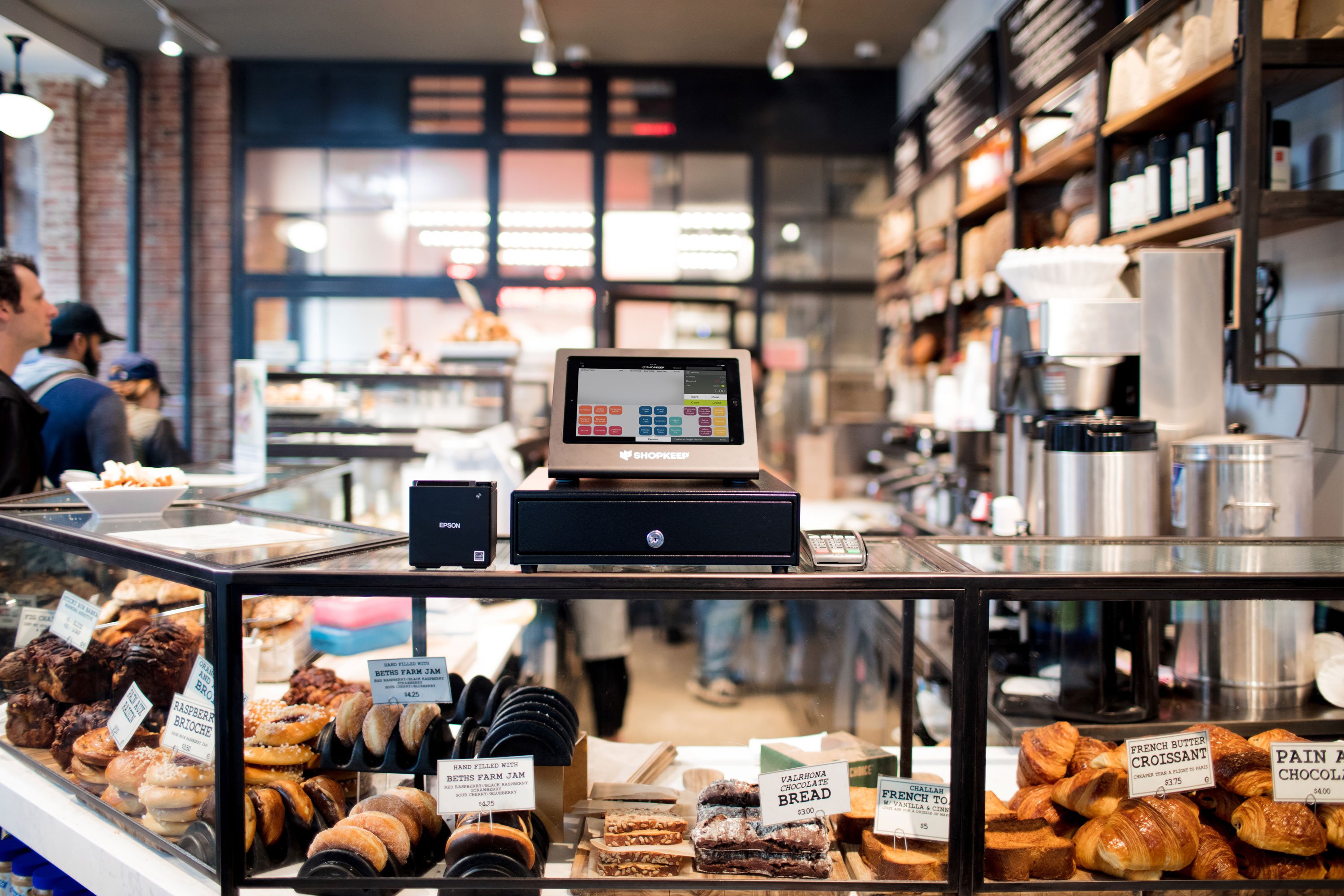The Payroll Blog
News, tips, and advice for small business owners
- Home
- Resources
- Payroll Blog
- The Best Retail Technology to Measure Performance
The Best Retail Technology to Measure Performance
Technology has made, and continues to make, an impact in every sector of business, and the retail industry is no different. While some may say that the retail industry has been the most resistant to the technology evolution, others say that it's leading the way. Whatever side of the argument you are on, the reality is that the technology used in retail stores has undergone a significant transformation in the last ten years for both the customer and the business owner.

The Retail Evolution
Before we can jump into how merchants can use technology to measure business performance, we first need to take a look at how retail has evolved over the years and how customer's expectations of the experience have changed. This will help business owners like you to better understand how to apply technology used in retail stores to measure business performance.
In this digital age of online shopping and same day e-commerce deliveries, it may seem like traditional brick-and-mortar stores are well on their way to becoming extinct. However, that is hardly the case, with 94 percent of all retail sales still taking place in traditional storefronts. With that being said, e-commerce is on the fast track and expected to increase annually by 17 percent.
So, what does that mean for a business owner like you? If you are strictly a brick-and-mortar merchant you need to be online, and if you're exclusively an online retailer, you may want to think about opening a storefront or pop-up store to test a local market.
Along the lines of e-commerce, technology is the driving force behind the transformation taking place in the retail industry. It's simply not enough to just lift the gates and open the doors to your retail store, hoping the customers start pouring in. These days, to be successful, you need to stay competitive at every moment in the customer's journey and provide a seamless omnichannel experience.
As a business owner, that means you need to be physically and digitally present, allowing customers to shop or browse through a combination of mediums in a fluid manner. You need to be a resource for customers online 'webrooming,' (a buzzword that refers to the process of consumers researching products online before going into a store to make a purchase) as well as a source for those 'showrooming' (a buzzword that refers to consumers visiting a traditional store to check out a product, but making the actual purchase online).
Creating an engaging and community feel for your business or brand is not just done face to face anymore, but also screen to face. And thanks to technology, there are plenty of tools you can use to measure business performance from both angles.
Technology for Retailers
Understanding how to run a business in today's competitive market may seem a little more challenging than it was even just a few short years ago. Luckily for you, there are a number of tools out there that not only make it easier but also provide better insight into the performance of your business. Here are 6 you may want to consider.
ShopKeep
A point of sale system, or POS, is an absolute essential for any brick and mortar store in today's data-driven world. It is not only the centerpiece of the checkout process but also provides various sales reports and analytics. It will manage inventory and employees, track customers and integrate into other business management platforms for a more seamless experience.
POS systems aren't just for big national chains. They are for merchants like you. The past decade has brought an influx of cloud-based, SaaS solutions that are specifically designed and priced for small businesses and mom-and-pop shops. ShopKeep, an iPad-based point of sale system founded by a merchant frustrated with his own POS, is a simple, intuitive, yet powerful and affordable POS for a variety of retail businesses.
SurePayroll
Making sure your employees get paid accurately and on time shouldn't require a lot of time on your part. Navigating tax laws and managing payroll are some of the less glamorous elements of owning a small business, and with an online payroll service, such as SurePayroll, you can reduce this timely burden and make one of the more complicated parts of running a business simple, flexible and automatic.
Your payroll provider should alleviate the biggest pain points you'll face in trying to run payroll yourself, from updating withholding to reflect federal, state, and local regulatory changes, to offer some protection around tax filing accuracy. You'll also want to ask any potential payroll provider what type of reporting is available within their system, for example, you'll want a record of your payrolls and tax filings to share with your accountant come year end. You should also ask potential payroll providers if they integrate with other critical back-office systems, such as your POS or time-keeping system.
Big Commerce
If you're going to bring your business into the world of e-commerce, which we strongly suggest, you will need a platform to do so. BigCommerce is a great place to get started. Merchants, on average, achieve a 28 percent year over year growth using BigCommerce.
Not only do they provide all the essential tools for building an online store, but there is built in selling on marketplaces such as Amazon, Ebay, and Facebook to give your business maximum exposure in the virtual world.
BigCommerce also does a great job leveraging technology similar to that used in retail stores to measure business performance but in a completely digital way. Their Ecommerce Analytics gives you a deep dive into customer data so you can target, segment, drive sales, measure performance, and repeat. They provide quick and easy snapshots of store performance, as well as the ability to drill down into more detailed reports. And last but not least, it can integrate into ShopKeep POS, which we covered earlier in this article. This makes for seamless inventory management across both channels and saves a lot of time and effort on your part.
MailChimp
Everyone has an email address these days; some people even have multiple email accounts for personal and business uses. The point is, your interaction and engagement with these customers doesn't end when you ring up their purchase in store, or when they hit 'submit' on your website. Your business should capture these contacts (via a subscription form or email opt-in on your website, in-store, or via an order form) and engage using an email marketing platform and automation tool such as MailChimp.
MailChimp allows you to target customers based on previous purchases, preferences, and behaviors and offers insights into business performance through advanced reporting features such as subscriber activity, campaign revenue reports, bounce rate, and much more. Since it can integrate with both ShopKeep and BigCommerce, you can manage your in-store and online customers with one platform, and that is definitely a small business trifecta!
HootSuite
Whether you have a brick and mortar store, an online store, or both, your business or brand needs to be on social media. Not only is this a great way to communicate with customers, but social channels also offer a FREE marketing tool for your business.
The downside is that there are so many social media networks, at least 35 of them, which can make managing them practically a full-time job. Enter HootSuite (a leader in social media management platforms, as named by Forrester) which allows you to do more with social networking in less time. You can manage all your social profiles, schedule content and take a deep dive into analytics so you can make smarter, more data-driven decisions.
ShopperTrak
ShopperTrak is a tool that is only applicable to brick and mortar merchants, but nonetheless, a great piece of technology that can be used in retail stores to measure business performance. It can count the number of visitors to your store using traditional traffic tracking devices or sensitive floor mats. They then take this information and deliver granular insights into customer behaviors in your retail space.
Insights from tools like ShopperTrak, when coupled with information from user behavior on your website and social channels, can offer insights into how best to merchandise your products, and where to direct buyer attention.
We live in a connected world where practically every step a consumer takes, from browsing to buying, can be tracked and mapped through data and analytics. As a small business owner, it's important to understand the different types of technology used in retail stores and online sites to measure business performance and provide better insight by taking out the guesswork and to streamline your workflow. For more ideas on best small business technology, click here.
Related Blog Posts
View Our Plans and Pricing
Small Business Is Our Business.
This website contains articles posted for informational and educational value. SurePayroll is not responsible for information contained within any of these materials. Any opinions expressed within materials are not necessarily the opinion of, or supported by, SurePayroll. The information in these materials should not be considered legal or accounting advice, and it should not substitute for legal, accounting, and other professional advice where the facts and circumstances warrant. If you require legal or accounting advice or need other professional assistance, you should always consult your licensed attorney, accountant or other tax professional to discuss your particular facts, circumstances and business needs.


